SEARCHENGINES
Google Says No Core Update During Remainder Of The Year

Google’s John Mueller said that Google has no plans to release another core update in 2022. This was in response to a number of SEOs worrying that Google might release one by year’s end. John said on Twitter, “just to be clear, there’s no core update lined up for the rest of the year.”
Here is John’s tweet:
FWIW, just to be clear, there’s no core update lined up for the rest of the year. That doesn’t mean there won’t be visible changes; the linkspam & HCS updates are still rolling out ( https://t.co/wgdE0g7SDr ), and, Search continues to reflect changes across the web.
— John Mueller is mostly not here 🐀 (@JohnMu) December 16, 2022
Yes, the December 2022 link spam update and the December 2022 helpful content update are still both rolling out but both currently do not seem to be causing huge widespread volatility in Google Search.
And as John said, Google Search is never static, rankings are changing all the time anyway.
But that being said, we had a total of 10 confirmed updates this year. Two of those updates were core updates; the May core update and the September core update. We had countless unconfirmed Google search algorithm updates this year, but here is a cute infographic we made here for the updates in 2022. I will eventually update it to add the end dates:
Are you happy there won’t be a third core update in 2022?
Forum discussion at Twitter.
Source: www.seroundtable.com
SEARCHENGINES
Daily Search Forum Recap: April 15, 2024
Here is a recap of what happened in the search forums today, through the eyes of the Search Engine Roundtable and other search forums on the web.
There was more Google core update volatility over the weekend. Google defended its statements about forums ranking for almost everything. Google responded to The Verge’s printer article mocking its search results. Google AdSense publishers are seeing really big earnings drops. Google crawl budget is allocated on the hostname level. Google threatened California over its new proposed link tax bill with pulling investments and its news results from the state.
Search Engine Roundtable Stories:
-
Weekend Google Core Ranking Volatility Taxing Site Owners
As I mentioned briefly in my Friday video recap, I was starting to see renewed chatter on Friday morning around more Google search ranking volatility. I spotted some renewed chatter that lead through Friday, into Saturday and today. So I figured I’d cover it and share some of what SEOs are saying over the weekend. -
Google Responds To The Verge Mocking Its Search Rankings For Best Printer
Nilay Patel, editor-in-chief of the Verge posted a new article with the intent to both rank for [best printer] in Google Search, as well as mock Google for how he can game Google’s search rankings using AI-generated content, while throwing in some affiliate links. Google’s John Mueller responded saying, “People seem to really enjoy it.” -
Google Goes On Defensive On Its Search Quality & Forum Results Statements
Recently, we covered some of Google’s rationale for ranking forums like Reddit and Quora so well in the Discussion and Forums box for many queries. Just a few days ago, we covered how I was sad to see Google ranking some dangerous and potentially harmful forum threads for health-related queries. -
Google Threatens California: Tests Removing Links To Publishers & Pauses Investments
On Friday, Google responded to a pending bill in the California state legislature, the California Journalism Preservation Act (CJPA), that would require Google to pay a link tax to publishers by testing removing links to California based publishers and pausing investments in news publishers within the state. -
Google Crawl Budget Is Allocated By Hostname
Google gives every hostname its own allocated crawl budget. So that means each domain, subdomain, etc has its own unique crawl budget. -
Google AdSense Publishers Reporting Huge RPM Earnings Drops
Many Google AdSense publishers have been reporting massive declines in their earnings and RPMs (page revenue per thousand impressions) since late February. This comes a couple of weeks after we reported the switch from CPC to CPM bidding in AdSense did not have a negative revenue result for publishers. -
Google Android Figurine Display Case
At the Google Chicago office they have dozens of Android figurines on display in this glass display case. I guess they all have a name and are labeled with details. I found this image on Instagram.
Other Great Search Threads:
- These things are done when they’re done, it’s hard to predict exact timelines., John Mueller on X
- Google just changed the layout for product detail window , also include the near by store in this, Khushal Bherwani on X
- Google Ads charging 0.01 for a few European countries, WebmasterWorld
- GPTBot got stuck in giant content farm, Orhan Kurulan on X
- I created a chatbot with the Google Webmasters Documentation. Based on the current data, the tool has: 1. Over 15,000 requests 2. Over 3,000 users 3. I received support from @JohnMu and @g33konaut from Google itself, Dido Grigorov on X
- I am the new Paid Media News Writer of @sengineland ! Such an honour – can’t believe it! I get to work with the likes of @rustybrick and @MrDannyGoodwin!! Dreams do come tru, Anu Adegbola on X
Search Engine Land Stories:
Other Great Search Stories:
Analytics
Industry & Business
Links & Content Marketing
Local & Maps
Mobile & Voice
SEO
PPC
Search Features
Other Search
Feedback:
Have feedback on this daily recap; let me know on Twitter @rustybrick or @seroundtable, on Threads, Mastodon and Bluesky and you can follow us on Facebook and on Google News and make sure to subscribe to the YouTube channel, Apple Podcasts, Spotify, Google Podcasts or just contact us the old fashion way.
SEARCHENGINES
Weekend Google Core Ranking Volatility
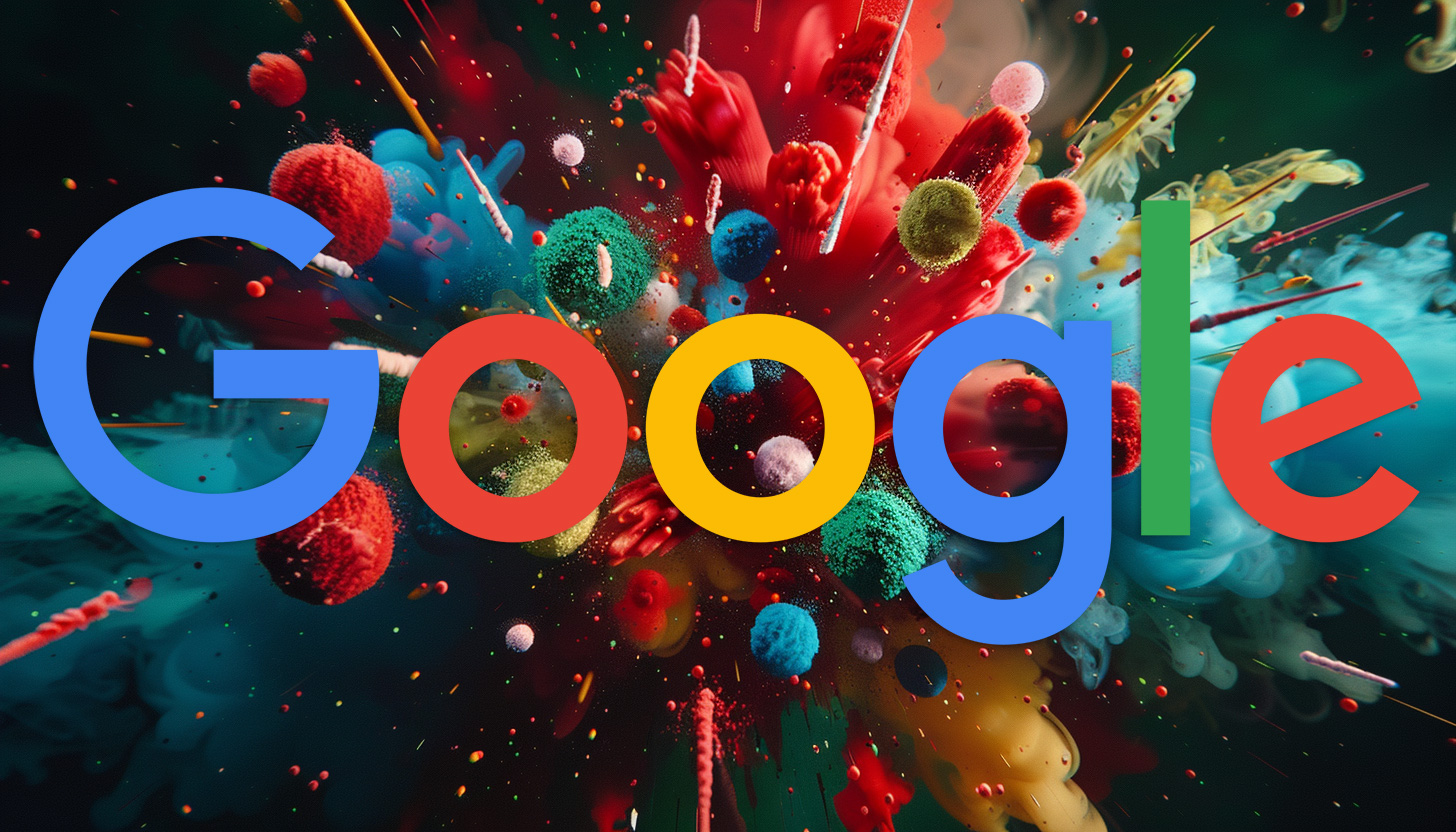
As I mentioned briefly in my Friday video recap, I was starting to see renewed chatter on Friday morning around more Google search ranking volatility likely related to the ongoing Google March 2024 core update. I spotted some renewed chatter that lead through Friday, into Saturday and today. So I figured I’d cover it and share some of what SEOs are saying over the weekend.
We reported on volatility last Wedneday, on April 10th, and now we are seeing more of it. As a reminder, some sites got hit super hard by this update and no, it is not done yet. We have still not seen any real recoveries for sites hit by the September 2023 helpful content update recovery yet with this core update.
We are now 40 days and almost 40 nights since the update started rolling out and Passover is just around the corner. (sorry, had to…)
Both the Google ranking tracking tools and SEO chatter spiked over the past 48 hours.
SEO Chatter
Here is some of the chatter on social media, WebmasterWorld and comments here on this site over the past couple of days:
Glenn Gabe has been tracking the movement closely, comparing previously hit sites by previous core and helpful content updates. I find his shares very insightful. Here is his latest post this morning:
He wrote:
Google Morning Google Land! This is the April 14 edition of “Core Update Notes”. I shared yesterday how the tools were all spiking and I picked up serious volatility across several sites I’m helping and tracking. Just wanted to share more about that this morning. Whatever Google updated, it’s definitely having a big effect on some sites. I have several documented that reversed course (and some reversing course for the *second time* during the update). For example, I shared rank tracking yesterday for one of those sites, which is even clearer today (see first screenshot). That site surged with the March core update, then reversed course half way through losing all gains. And it just surged completely back yesterday. The site owner is on a roller coaster. And yep, he’s ready to get off the coaster and hoping this surge sticks. :)
In addition, I’ve included several other screenshots of sites reversing course over the weekend. Remember, Google explained they would be updating several systems with the March core update that would reinforce each other. They also said to expect more volatility with this update. I’m definitely seeing that as I’m tracking many sites over time.
And for those interested in sites impacted heavily by the September HCU(X), I have still not seen any bounce back. 0. I checked the visibility numbers for 373 sites heavily impacted by the Sep HCU(X) this morning and all are down heavily over time (and most more with the March core update). I’ll keep checking… and we’ll see if the old HCU classifier gets dropped at some point while Google’s systems for assessing the helpfulness of content take over. Stay tuned.
He shared some of eye-popping charts, here is one of them:
Here are more:
In addition, I shared the other day how some sites were seeing late surges or drops. Here are two of those. Big swings very late into the March core update. Again, this makes sense given what Google explained about how this update would proceed… Multiple systems being updated… pic.twitter.com/FJHMVLyk8H
— Glenn Gabe (@glenngabe) April 14, 2024
Slowly it’s not fun anymore. Since Friday, Google’s traffic has dropped considerably on my site and all the other sites I monitor. Many keywords have disappeared without a trace, even for the main keyword my site no longer ranks, in first place is now a cleaning company that has nothing to do with the topic, but well, people certainly want a cleaning when they google for the keyword.
Result since Friday -56 per cent, unfortunately the trend is still downwards. As I am also currently monitoring my friend’s online shop: it’s exactly the same for him, -56 per cent since Friday, we no longer need to talk about sales, although his ranking is stable.
Again, same same since Friday. No let up and remaining sites heading to zero. I thought I had it figured. Not so unfortunately.
Yes, they are rolling out something awful since Friday. Sensors confirm that too.
Traffic totally dead today here in Germany
Here too in Czech
My rankings had a little wobble yesterday. It always tends to happen on the back end of an update.
Traffic and conversions absolutely nonexistent today.
Weekends were the best days of the week. Currently I’m getting like 3-5 Visitors every 30 Min. That’s really a Joke.
Same, and as compared to all the previous weeks ,this one is the WORSE.
I fear it will just keep getting worse and we should get used to this as it will be the norm.
Google Tracking Tools
Many, not all, but many of the tools showed spikes over the past 24 hours or so. These are not insane spikes in volatility, well, Algoroo and Advanced Web Rankings show massive spikes but the others are not as heated.
More Google Update Stories
Here are our previous stories on these updates:
What are you all seeing? Think we are just about done after 40 days of this rolling out?
Forum discussion at WebmasterWorld.
SEARCHENGINES
Google Core Update Volatility, Helpful Content Update Gone, Dangerous Google Search Results & Google Ads Confusion
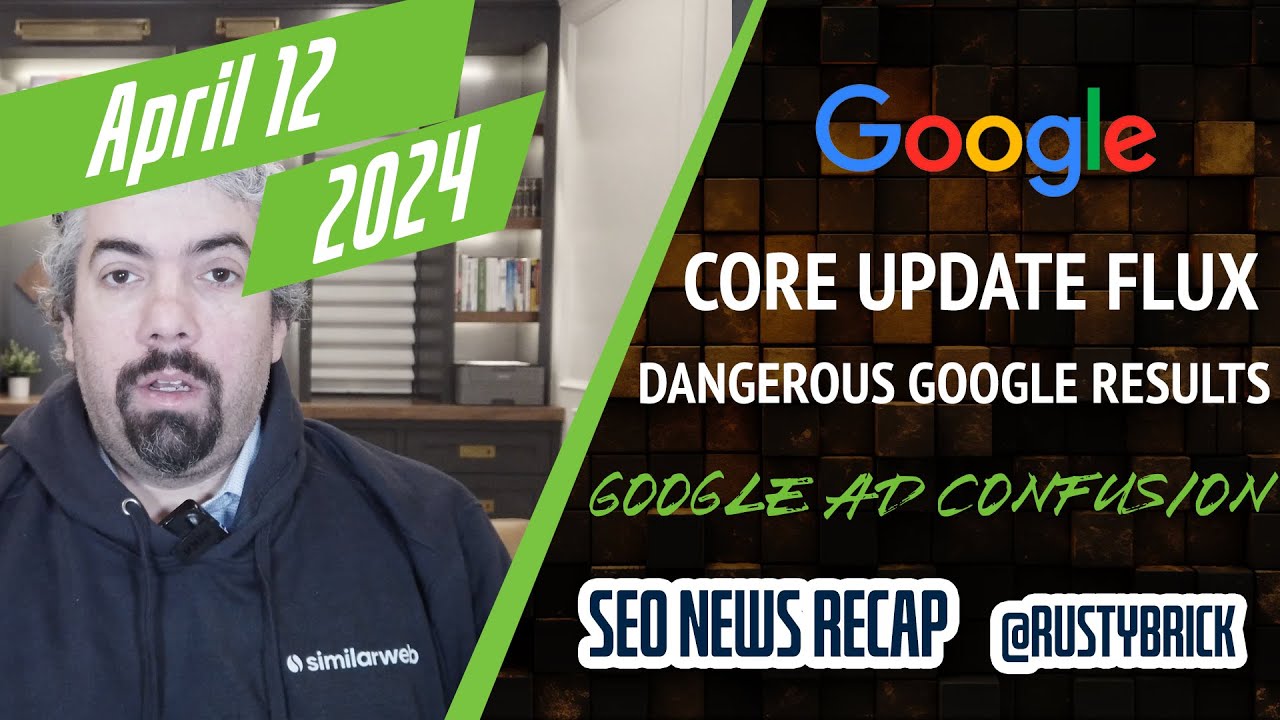
For the original iTunes version, click here.
This week, we covered that the Google March 2024 core update is still rolling out 38 days later, but we saw more volatility this week. Just a reminder that the Google helpful content update no longer exists. Gary Illyes from Google again says core update and indexing are independent. Google responded to complaints about dangerous and harmful search results. Google says ranking well in other verticals like shopping, images and others, does not negatively impact your web rankings. Google updated its structured data carousels beta documentation. Google says don’t disallow your internal footer links. Google says there are minimal differences between using a 404 and 410 status code. Google is testing short videos in the search bar. Google is not removing the site command. Bing is testing removing the cache link and the estimated number of search results. Google SGE is testing AI overview tabs. Bing is testing sources across the web AI. Google image search now has pixel-level object segmentation. Google Ad strength is not used in the auction, Google says. Google is testing sticky sponsored labels. Google Ads is also testing people also considered labels in the search ads. Google Ads tests “get phone number” buttons instead of the “call” button. Google released its Merchant Center product data specifications for 2024. Google Maps has a new flow for suggest an edit. That was the search news this week at the Search Engine Roundtable.
Sponsored by Similarweb, the all-in-one- strategic SEO software. Get clarity of the SEO landscape through competitor analysis, keyword research, rank tracking, SERP insights and more. With industry-leading traffic and keyword data, based on real user journeys, Similarweb gives SEO professionals the whole picture so they can strategize smartly and drive sustainable business growth.
Make sure to subscribe to our video feed or subscribe directly on iTunes, Apple Podcasts, Spotify, Google Podcasts or your favorite podcast player to be notified of these updates and download the video in the background. Here is the YouTube version of the feed:
Search Topics of Discussion:
Please do subscribe on YouTube or subscribe via iTunes or on your favorite RSS reader. Don’t forget to comment below with the right answer and good luck!
-

 WORDPRESS7 days ago
WORDPRESS7 days ago10 WordPress Influencers to Follow in 2024 – WordPress.com News
-

 SEARCHENGINES7 days ago
SEARCHENGINES7 days agoGoogle Image Search Adds Pixel Level Object Segmentation Animation
-

 MARKETING7 days ago
MARKETING7 days agoFeeling Stuck: What to Do When You Don’t Know What to Do
-

 PPC5 days ago
PPC5 days agoA History of Google AdWords and Google Ads: Revolutionizing Digital Advertising & Marketing Since 2000
-

 SEARCHENGINES6 days ago
SEARCHENGINES6 days agoMore Google March 2024 Core Update Ranking Volatility
-

 PPC6 days ago
PPC6 days agoCompetitor Monitoring: 7 ways to keep watch on the competition
-

 WORDPRESS6 days ago
WORDPRESS6 days agoThrive Architect vs Divi vs Elementor
-

 PPC6 days ago
PPC6 days ago31 Ready-to-Go Mother’s Day Messages for Social Media, Email, & More















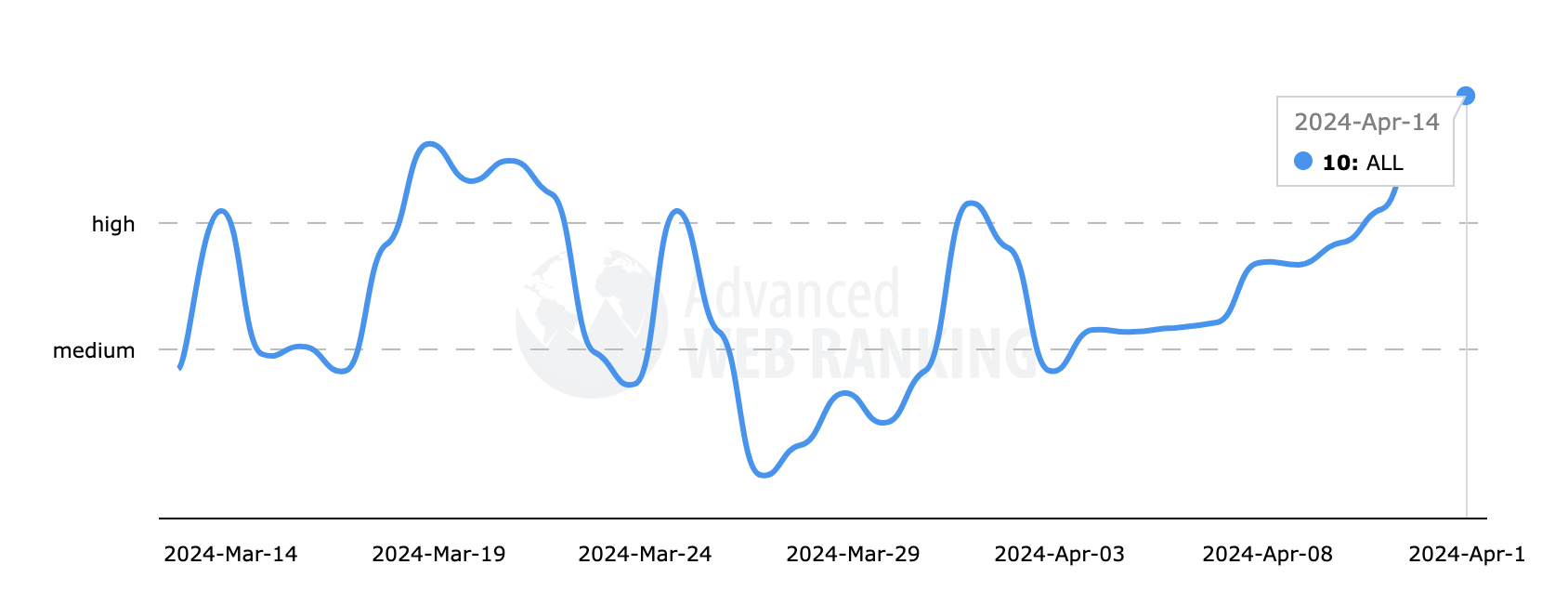
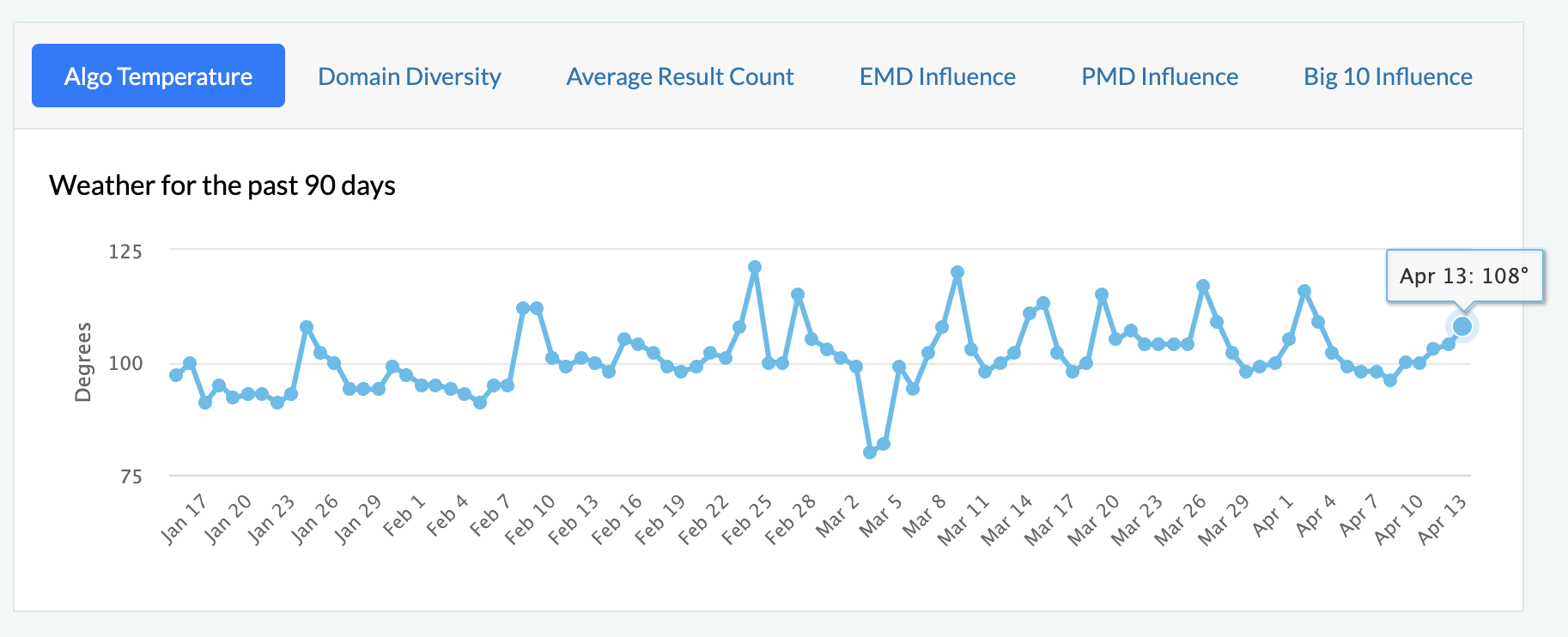
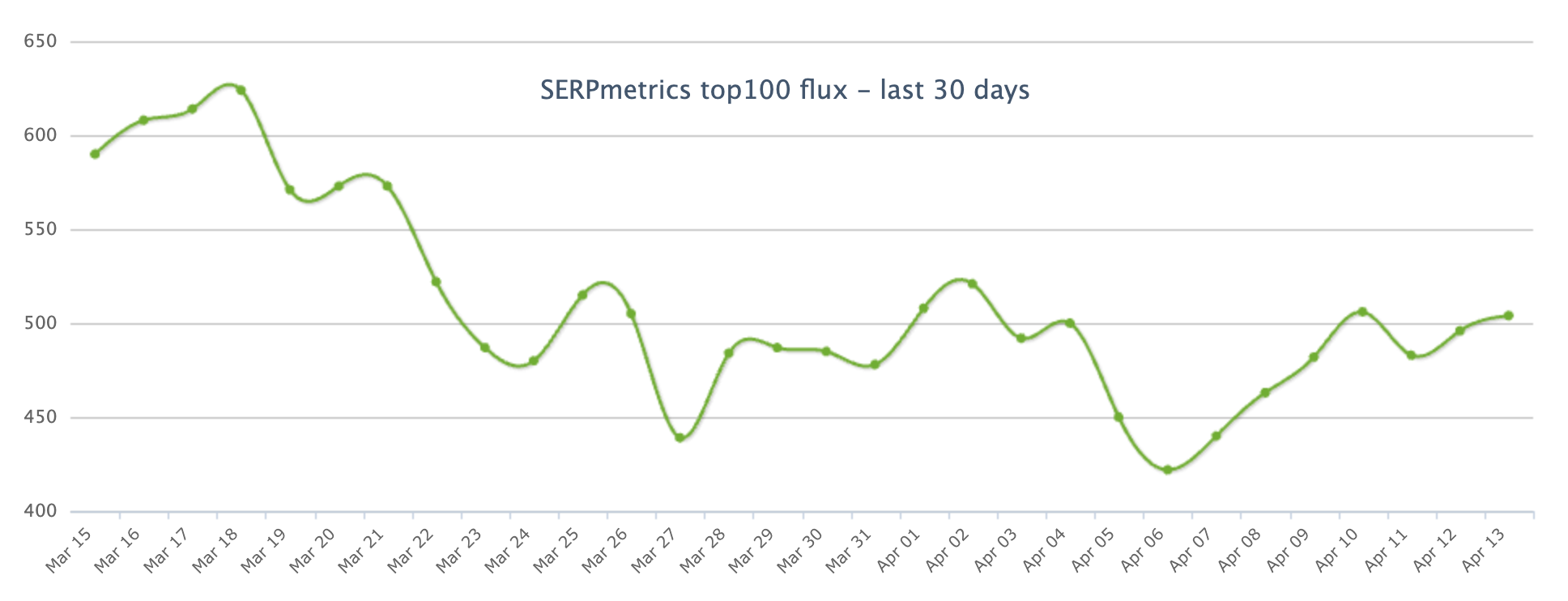
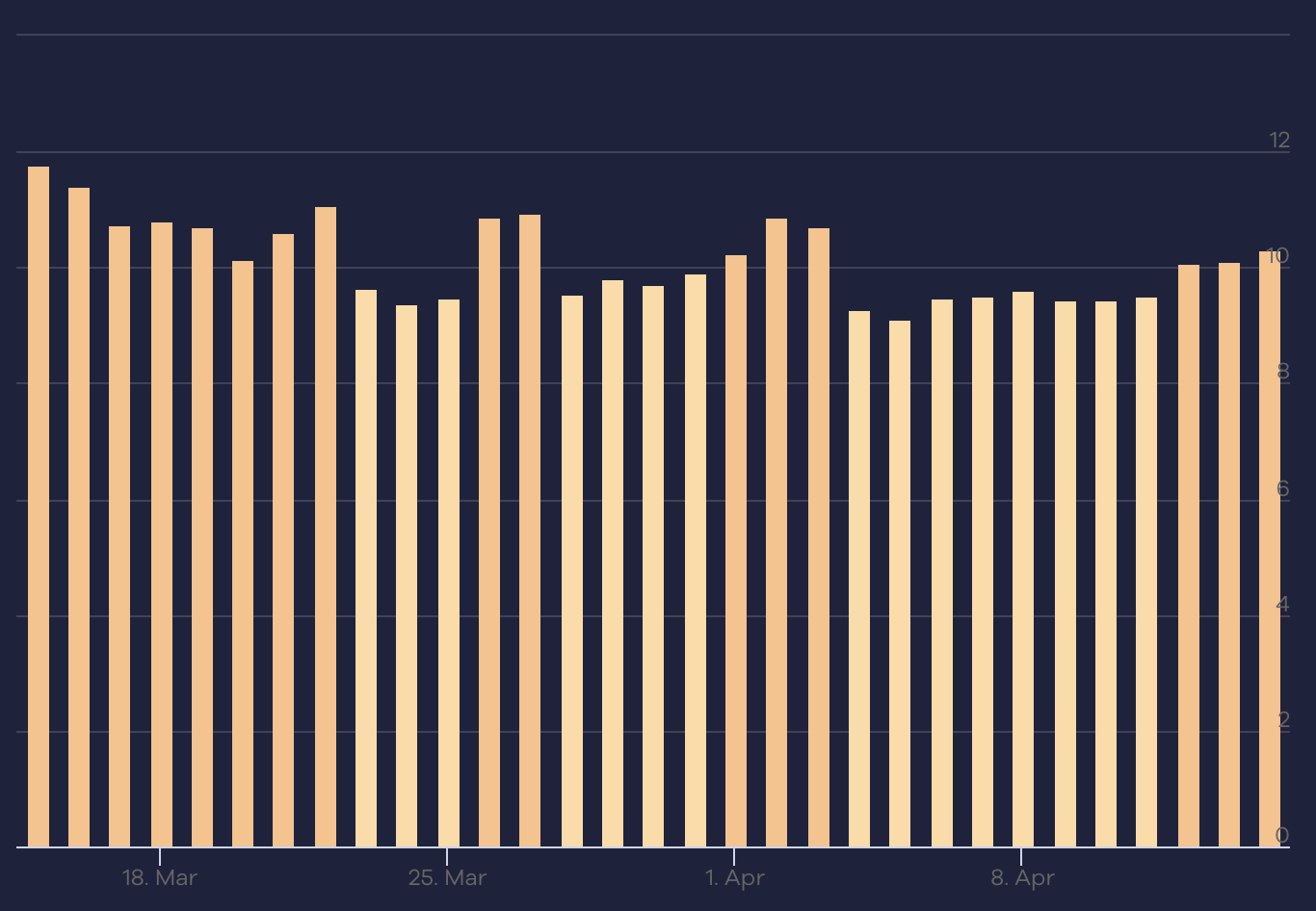



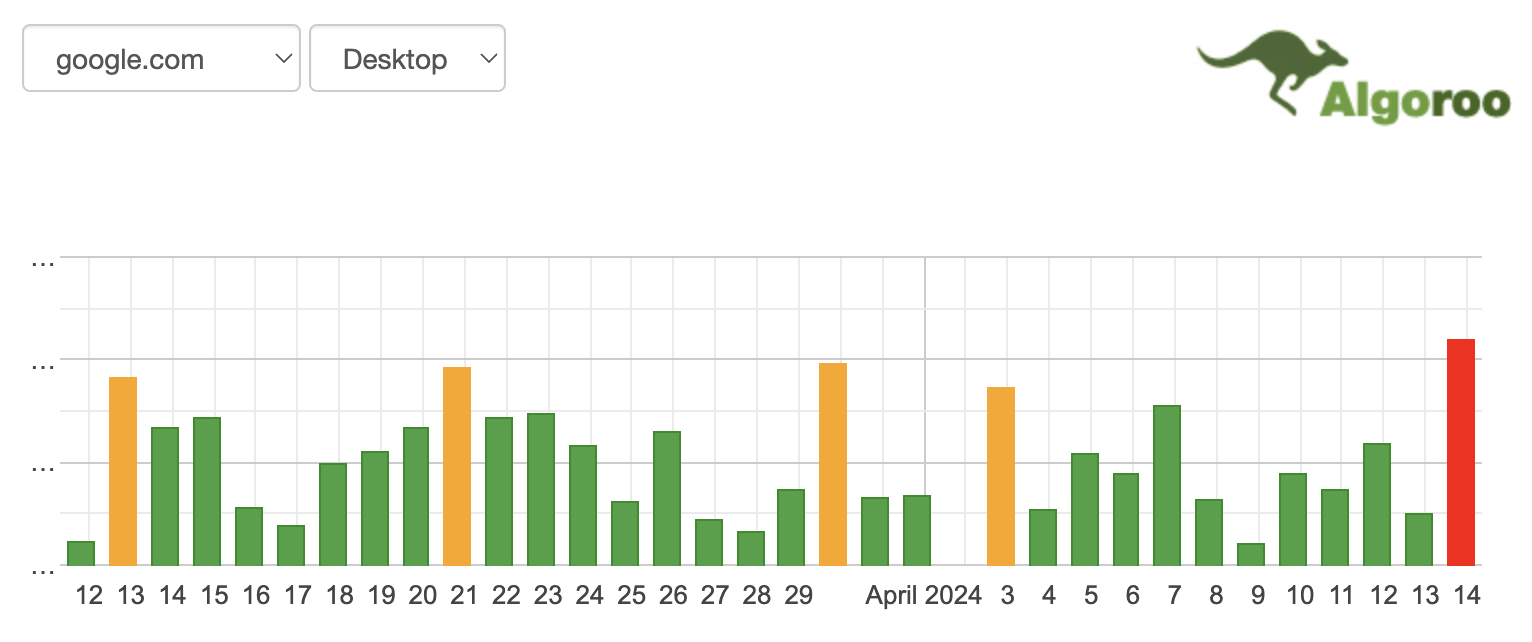
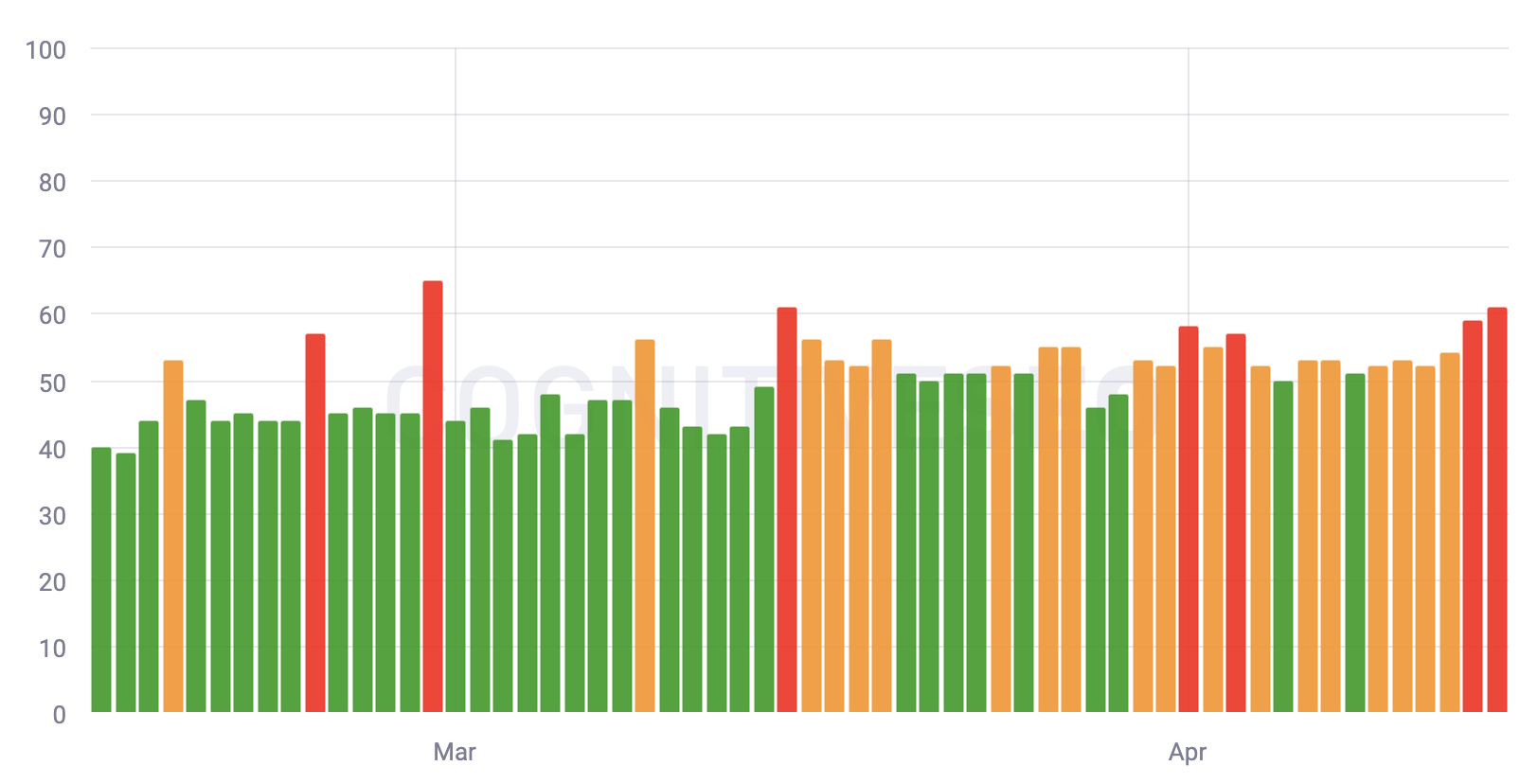


You must be logged in to post a comment Login